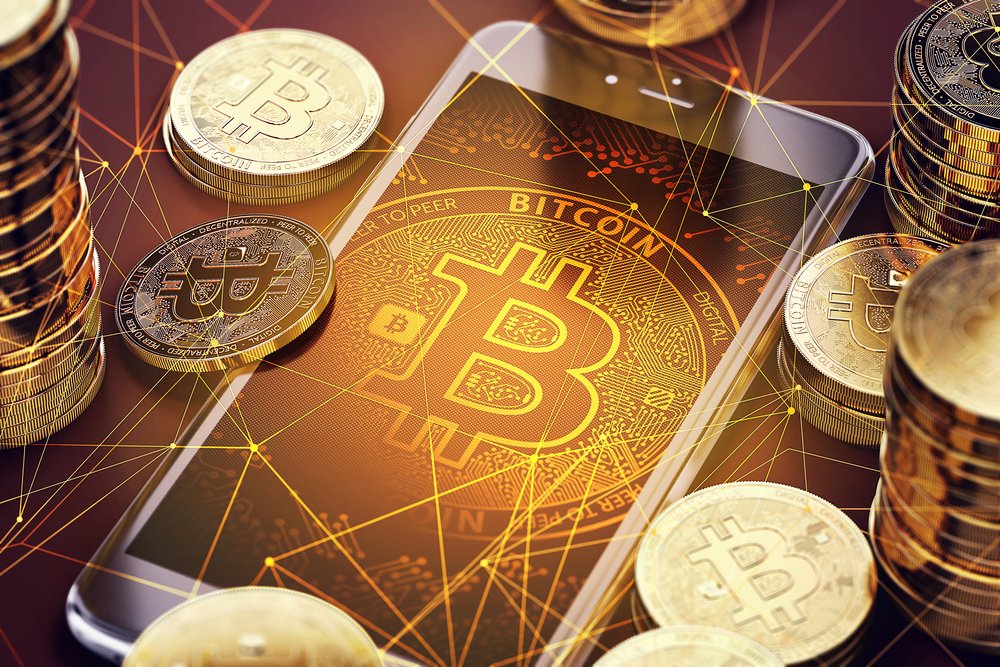Using public wireless networks has always been a security risk first and foremost. While it may seem logical to a lot of people to connect their device to a public wireless network, doing so can have negative repercussions. One Bitcoin user found this out the hard way, unfortunately. More specifically, he lost over US$117,000 worth of Bitcoin to criminals who successfully infiltrated his account while connected to a wireless network.
Public Wifi and Bitcoin together is a Bad Combination
This particular story took place in Innsbruck, Austria, at some point this week. One Bitcoin user was connected to a public wireless network and almost immediately lost around US$117,000 worth of BTC. It seems the criminals used this WiFi network to infiltrate the user’s computer and compromise an account belonging to him. It is unclear which account was affected, but it would appear to be associated with some sort of cryptocurrency exchange.
We do know the affected user checked this “account” in connection with the current Bitcoin price momentum. Considering that there are some wild price fluctuations these days, a lot of people are actively keeping tabs on their portfolios. Storing money on an exchange or online wallet is never a smart idea, though, especially when accessing such services through a public wireless network.
In a lot of cases, public wireless networks do not have the best security. They can be accessed by anyone, yet there is never a way to verify whether a WiFi signal comes from a legitimate network or a fake hotspot set up by criminals. It wouldn’t be the first time someone mimicked a public wireless network name in an effort to hijack connected devices and the information passing through the connection. Traffic is often unencrypted, which makes it vulnerable to individuals snooping on the data.
In regards to this specific incident, it seems the bitcoins in question were moved to an unknown account. This raises a lot of questions, as all Bitcoin transactions are publicly traceable. When they are converted to a different cryptocurrency – Monero, for instance – tracing the funds becomes a lot more difficult, though. It is unclear if that is what happened in this particular case. There is very little information to go by right now, as the investigation is still ongoing.
It is not the first time we have seen stories about cryptocurrency theft, mind you. A lot of people lose their funds because they are extremely careless. There are some basic rules people need to take into account at all times. Always store funds in a wallet you control, rather than in a web wallet or an exchange solution. Install a proper client on your mobile device or computer. Getting a hardware wallet is an even better option, although those do not support all cryptocurrencies by default.
Moreover, if you do want to check your online account balance – whether it is cryptocurrency or bank-related – do not use public wireless networks to do so. They are unencrypted and insecure and should be avoided at all costs. Public wireless networks are best suited for internet searches and not account-related activity. Exposing your credentials over an unencrypted network connection is asking for trouble; that much is certain.

